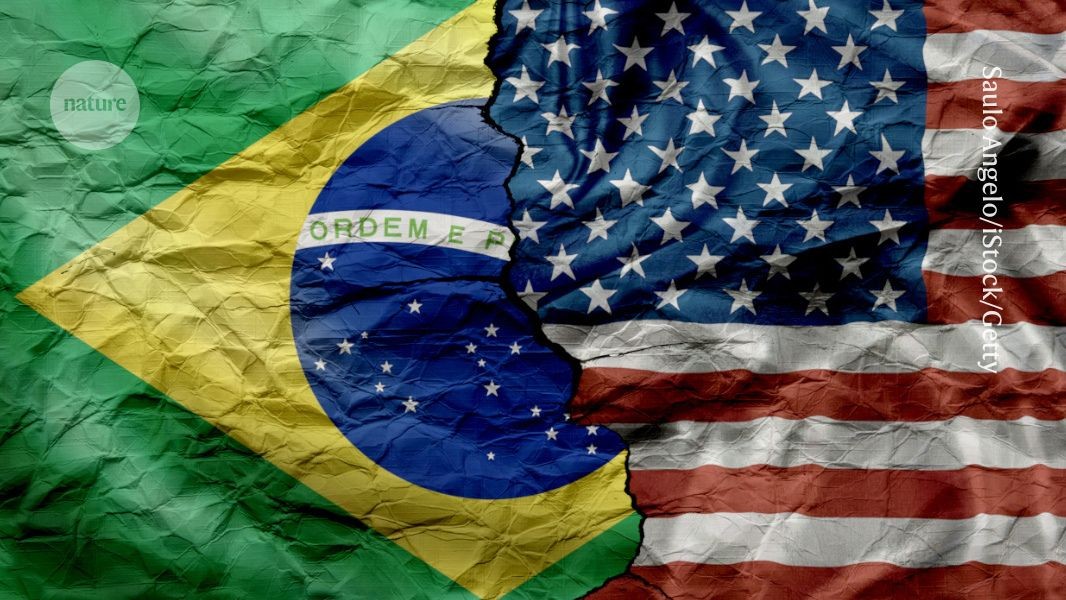A quiet shift has taken place among Brazilian graduate-student researchers over the past year: many are giving up or postponing plans to work in the United States, despite having secured grants or academic partnerships there. Concerns over immigration policies and the politicization of science under US President Donald Trump are pushing young scientists to seek opportunities elsewhere, they say.
According to the Brazilian Federal Agency for the Support and Evaluation of Graduate Education (CAPES), based in Brasilia, at least 96 PhD students who had been selected to go to the United States this year have changed their destination to other countries, including the United Kingdom and Germany.
That’s a marked change from the year before. Of the 2,225 PhD students whom CAPES selected to go abroad in 2024, 371 chose the United States as their destination; none changed their plans. This year, 2,463 students won grants for seasons abroad. Of the 458 that chose to study in the United States, around 350 are still going. But the fact that almost 100 have backed out has sounded the alarm for the agency, says CAPES president Denise Pires de Carvalho. “They’re hearing that some people are being denied entry even with valid visas,” she says. “It’s important to make this known so graduate students who feel unsafe know they can switch destinations.”
A doctoral student in biology at the Federal University of Pernambuco in Recife, who asked not to be identified for fear of future retaliation, is one of the 96 people who did so. She had long planned to work with a genomics researcher in New York, and was awarded a grant from the Brazilian government to put this into practice. But as visa delays mounted and rumours about the treatment of immigrants — documented or otherwise — by the US Immigration and Customs Enforcement agency began circulating, she began to question the move. “I started thinking, ‘what if I get deported in the middle of my research?’,” she says. Ultimately, she redirected her study plans, and will instead start research next month at a German institution. “My would-be adviser was very understanding.”
The discomfort is not limited to those with funding from the Brazilian government. One biosciences researcher, who asked not to be identified for fear of jeopardizing future opportunities in the United States, had secured a competitive private grant for a postdoctoral position at a prestigious university, but changed his mind a few months ago. He had begun to see the process as humiliating. “What country demands people open their social media to cross the border?” he says. “And what came to mind was: ‘I don’t need this.’”
For him, the issue goes beyond Trump. “I’m not saying things can’t change with a new government, but right now I have zero confidence in the system.” He says that the sense of hostility has become institutional. “A change in government doesn’t guarantee stability. What if someone even worse comes next?”


